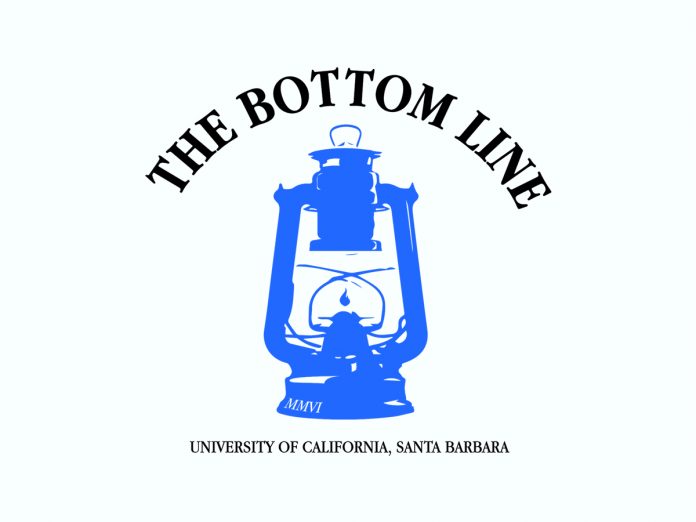Mo Tayadon
Contributing Writer
Protests and riots have engulfed the nation of Chile since October of 2019, when a 30 peso increase in bus fare provoked mass fare evasion by Chilean students. Despite a drop in the frequency and ferocity of violence since early this year, activists continue to push for economic reform.
The Bottom Line spoke with professor Ralph Armbruster-Sandoval, the department chair for Chicano studies, who provided insight into Chile’s social and political tensions. He specializes in social movements, labor organization, and politics in Central and Latin America, giving him unique knowledge on these issues.
A minor fare increase is a major setback
The field of economics is divided into two broad categories. Microeconomics concentrates on individual decisions made by businesses, workers and consumers in an economy. Macroeconomics, however, takes a step back to view the economy as a whole, prioritizing metrics such as the Gross Domestic Product (GDP).
The World Bank’s October 2019 report on the Chilean economy cites the country’s high GDP, GDP growth and efforts to “rationalize” the country’s tax system as examples of Chile’s economic well-being. Meanwhile other organizations like the Organization for Economic Co-operation and Development (OECD) point to Chile’s growing income inequality as a reason for alarm.
Armbruster-Sandoval urged an examination of the sources of this seemingly contradictory information.
“What’s your movida [interest]? There’s a hidden interest that the World Bank,” Armbruster-Sandoval said, “and at times, the IMF [International Monetary Fund] [have] … so by their standards the economy could be doing well … you have this countervailing report from the United Nations … having some independence, they are going to report [differently].”
Certain indicators, Armbruster-Sandoval explains, do not tell the whole story. Supporters of the current system cite low unemployment rates and high GDP, but Armbruster-Sandoval’s analysis challenges those claims.
“Macroeconomic indicators,” said Armbruster Sandoval, “can be belied by these other figures; by income, by wealth, by education, by health statistics … the old adage is ‘You can lie with anything with numbers.’”
“It’s not about thirty pesos; it’s about thirty years”
Chilean activists have been calling for major changes to the constitution, citing the lack of provisions guaranteeing healthcare or education. They claim, according to Al Jazeera, that their response to the fare increase should be understood as a response to decades of policies that have eliminated public funding for vital programs in Chile, such as the pension system.
“It’s not about thirty pesos; it’s about thirty years,” became the chant of several protestors, according to reports.
Dominating the country since the 1970s is neoliberalism, Armbruster-Sandoval explained. Neoliberalism is a way to organize the economy towards “free market” principles, giving businesses freedom to operate as they wish. Its effects are far-reaching, from the privatization of social services to fewer regulations.
Harkening back to Chile’s history, Armbruster-Sandoval elucidated how neoliberalism was introduced into Chile through the dictatorship of Augusto Pinochet, in conjunction with the CIA.
“Pinochet not only repressed people and killed thousands, but through dictatorship and through fiat, those [neoliberal] ideas were exported … it was basically a massive experiment that was perpetrated upon masses of people.”
While Pinochet was ousted in the late 1980s, Armbruster-Sandoval believes that the Chilean constitution remains riddled with relics of neoliberalism. In response to the massive rejection of the current economy, the Chilean government is scheduled to perform a national referendum in April that will gauge the country’s willingness to draft a new constitution, as reported by the Washington Post.
The professor’s analysis of Chile was not without a positive note. Armbruster-Sandoval stressed the importance of direct action, coalition building and solidarity in the face of challenges like the ones that Chileans face today.
“You’re not tiny … there are a lot of other people who care and are dedicated and have a passion and a hunger for a better world … find out what they are doing, and go as far as you can; that’s the only way change is going to happen.”











